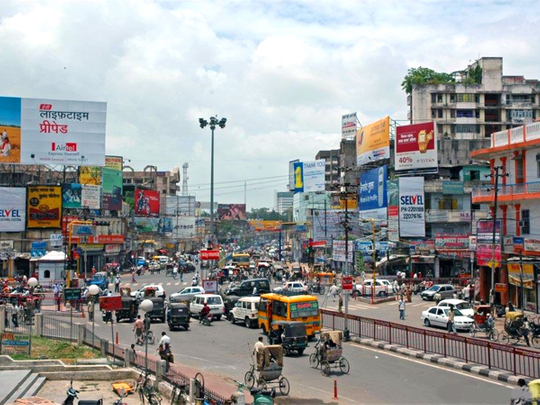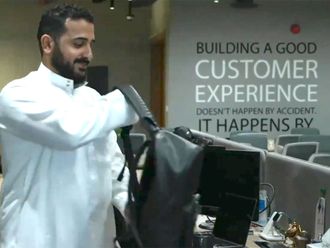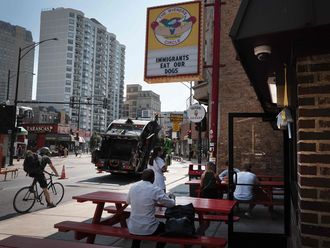
Patna: Massive rallies with cheering crowds of hysterical supporters shouting slogans and waving party flags have been at the heart of political campaigning in India - but now these rallies have been replaced by digital campaigns due to the pandemic as Bihar prepares for state elections.
Bihar is the first state in India which faces the elections at the time COVID-19. Although the dates of the elections have not been announced, the Election Commission has declared to complete the poll process before November 29. Given such an announcement, all political parties have come in poll mode.
However, the campaigns remain entirely digital this time in view of the stringent guidelines issued by the poll body in view of the COVID outbreak. Bihar is one of the Indian states badly affected with COVID-19 which has claimed more than 800 lives and infected 156,866 people so far.
The Bhartiya Janata Party (BJP)-led National Democratic Alliance has taken lead in launching digital campaigns. Prime Minister Narendra Modi and federal home minister Amit Shah have addressed two such virtual allies over Bihar elections while seating in Delhi even as the PM is scheduled to address five more rallies in the next one week.
In fact, the BJP has totally gone into digital mode and is connecting the leaders and the voters through video-conferencing at regular intervals. Of late, the BJP has strengthened its base on the digital platforms by forming thousands of WhatsApp groups and also reaching out to the people through Facebook.
Informed sources said the BJP’s IT cell has currently 50,000 members working for expanding the party base through the social media. The IT cell has been functioning in all 243 assembly constituencies of the state.
“We are working hard to expand our party base through social media. Although the people are not very techno-friendly yet BJP’s Bihar unit has reached out to a large number of people in the state. Currently, we have 180,000 followers on Twitter, 400,000 followers on Facebook while several hundreds of thousands of people connected with us through our more than 50,000 WhatsApp groups with various names,” said a BJP official wishing not to be named.
BJP’s ally, Janata Dal United (JD-U) headed by chief minister Nitish Kumar too has kicked off the digital campaigns to reach out to the voters. Earlier this week, the chief minister addressed a virtual rally through which the party claimed to have reached to more than 1.5 million people.
“We are delighted at the grand showing and overwhelming response to Nitsih Kumar’s virtual address. Over 1.5 million people connected directly with him on party’s online portals,” a JD-U minister Sanjay Kumar Jha said.
NDA’s another partner Lok Janshakti Party (LJP) headed by parliamentarian Chirag Paswan, son of federal minister and Dalit leader am Vilas Paswan, too has been connecting with the party workers and supporters through online platforms in Delhi.
The Opposition, however, lags behind in that matter and is still in the process of setting up the system to reach out to the voters. As such, they hoped the elections would be postponed by the Election Commission till the Covid situation got normal. Cases were also filed in various courts, from Patna High Court to Supreme Court in New Delhi seeking deferment of polls but as all the petitions were rejected by the courts, the Opposition has now slowly begun preparing for digital campaigns.
From the Opposition side, the Rashtriya Janata Dal (RJD) headed by jailed politician Lalu Prasad is quite active on the digital platforms. Party’s chief ministerial face Tejashwi Yadav has been repeatedly interacting with the party men and the voters through digital platforms.
But the smaller parties like Left are quite worried over the new trend and still very slow in adopting technology. “A huge population of Bihar still lives in villages, is illiterate, doesn’t own smartphones with internet facilities and is just not comfortable with technology. That means they won’t be listening to the issues being raised by us. This will be a denial of their democratic rights,” said Communist Party of India-Marxist-Leninist’s state secretary Kunal who goes by one name.








